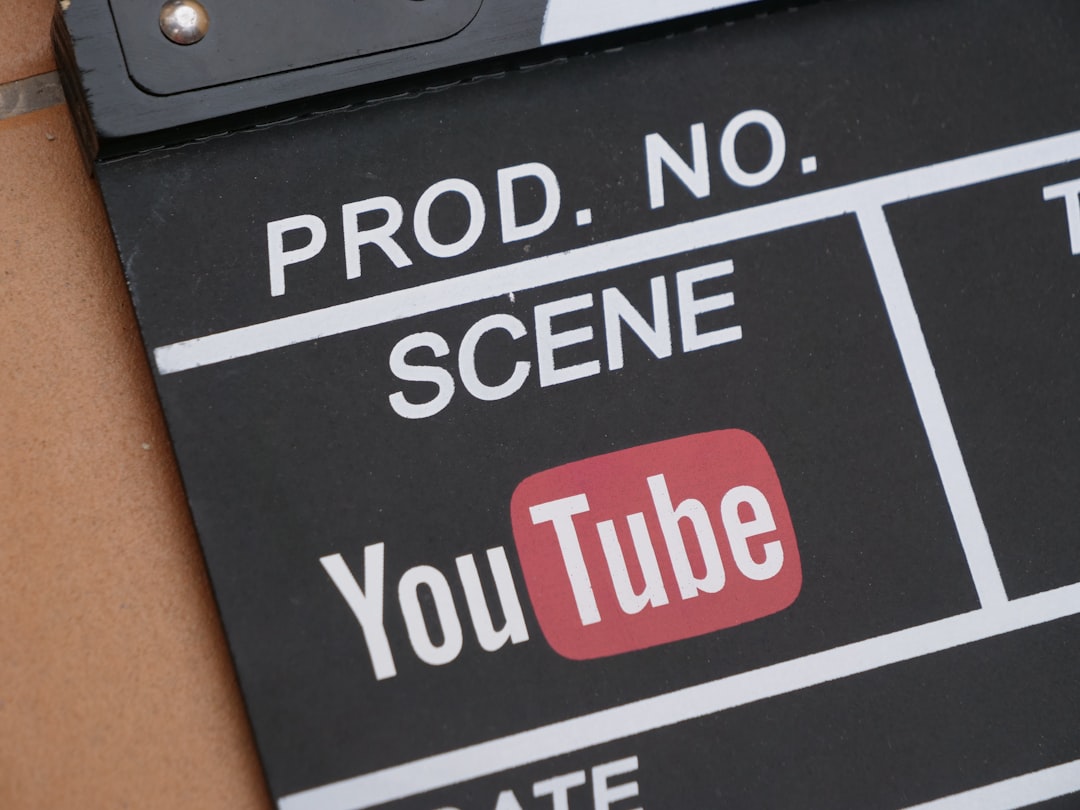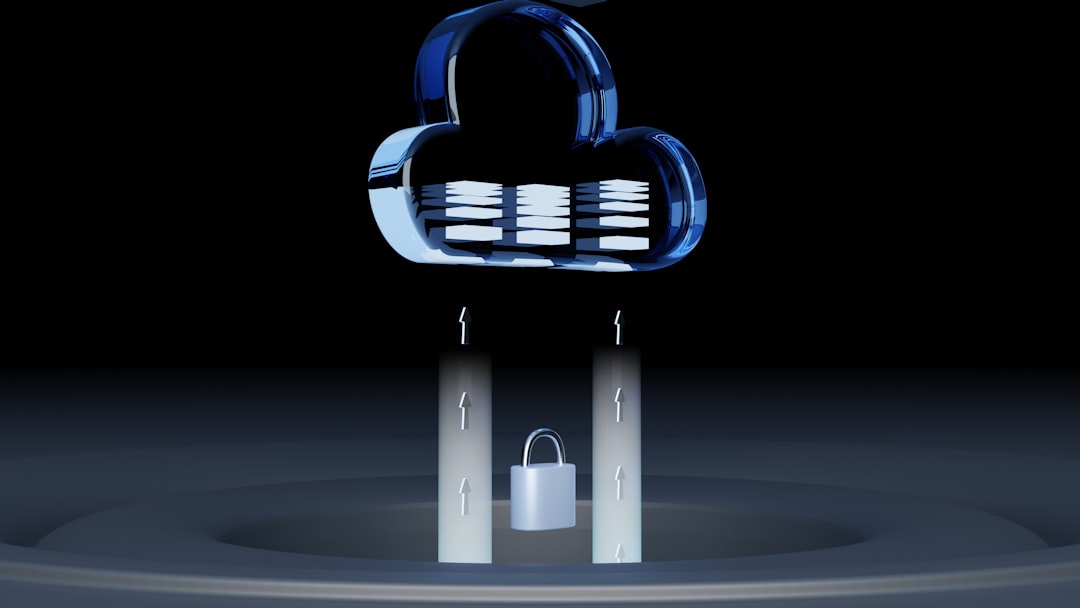In today’s digital era, live streaming has emerged as a leading form of content distribution. From entertainment to education, the technology enables real-time interaction with global audiences. While the technical requirements for stream hosting are widely discussed, the legal considerations often receive less attention. However, streamers and platform providers must navigate a complex labyrinth of laws to avoid liabilities and legal pitfalls.
Whether you are an independent content creator or a business offering hosted streaming services, understanding the legal landscape is critical for operating safely and ethically.
1. Copyright and Intellectual Property Rights
Perhaps the most significant legal issue in stream hosting is the potential violation of copyright laws. When streaming copyrighted content—such as music, films, video clips, or even background visuals—without proper authorization, hosts may be subject to takedown notices, platform penalties, and potentially severe financial damages.
Key guidelines to follow:
- Only include third-party content you have rights to use.
- Obtain proper licenses for music, video clips, and imagery.
- Avoid displaying pirated or illegally obtained media.

Even user-generated content may infringe upon third-party rights unknowingly. Platforms must therefore enforce rigorous content moderation policies and comply with regional copyright frameworks such as the U.S. DMCA (Digital Millennium Copyright Act).
2. Licensing and Distribution Agreements
If your stream hosts involve the rebroadcasting or co-distribution of other creators’ content or media productions, distribution and licensing agreements are essential. Such contracts specify:
- Who owns the content and intellectual property
- What territories the content can be streamed in
- Duration and scope of streaming rights
Having clear agreements protects all parties involved and mitigates future disputes over earnings, ownership, and attribution.
3. Terms of Service and End-User Agreements
Stream hosting services should implement comprehensive terms of service and end-user license agreements (EULA) that govern user behavior, content submissions, and limitations of platform liability. These legal tools help platforms:
- Define acceptable user conduct
- Outline policy on prohibited content (e.g., hate speech, explicit material)
- Secure indemnity from users for content they stream or upload
Additionally, these agreements bolster a platform’s regulatory compliance framework and may prove valuable in the event of litigation.
4. Data Privacy and User Protection
Streaming platforms often collect valuable user data, including location, watch history, and personal information. This brings them under the purview of privacy laws like the EU’s GDPR and the California Consumer Privacy Act (CCPA).

Stream hosting organizations must:
- Inform users of data collection practices
- Implement secure data storage and transfer protocols
- Enable user consent and access to stored data
Failure to comply with privacy regulations can result in heavy fines and reputational harm.
5. Content Moderation and Liability
Another key consideration is the platform’s liability for illegal or harmful content streamed by users. While Section 230 of the U.S. Communications Decency Act offers some immunity to platform providers, this protection is not universal and may not apply internationally.
Therefore, platforms must:
- Maintain content moderation teams and technology
- Provide robust tools for user reporting and appeals
- Act swiftly on flagged or unlawful content
Strong enforcement policies not only reduce legal exposure but also cultivate a safer user environment.
6. Government Regulations and Broadcasting Laws
Depending on your target markets, your stream may be subject to wider broadcast compliance laws. These include:
- Age-based content restrictions
- Adherence to regional broadcasting standards (e.g., FCC in the United States)
- Licensing from governmental agencies for certain categories of content
Violations in this space can lead to license revocations or even criminal penalties in extreme cases.
Conclusion
Hosting a stream is not merely a technical or creative endeavor—it carries real legal responsibilities. From copyright compliance and user agreements to data protection and regulatory oversight, stream hosts must stay informed and proactive. Failure to do so not only jeopardizes the continuity of streaming operations but could also lead to substantial liability.
Whether you’re a solo content creator or a platform operator, it is wise to consult with legal professionals familiar with media and tech law to ensure your streaming activities comply with all applicable regulations.
